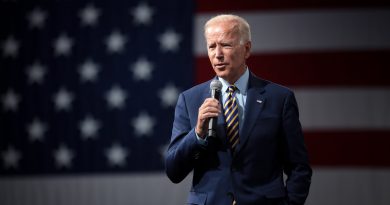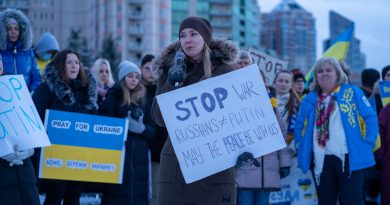As the Global West Prepares to Relax COVID Restrictions, is it Doing Enough to Combat Vaccine Inequality across Africa?
Katherine Dorrer
Staff Writer
It has been two years since the World Health Organization’s designation of the COVID-19 outbreak as a pandemic. Since then, there have been 452,201,564 confirmed cases of COVID-19, along with 6,029,852 related deaths worldwide, reports WHO. As the Center for Disease Control and Prevention and local governments relax COVID-19 restrictions within the United States, the pandemic is still raging in developing nations, as both their economy and national morale struggle to regain normalcy. The COVID-19 pandemic has unfortunately highlighted the growing global divide in the distribution of vaccine doses, particularly exposing vaccine inequality across Africa.
The CDC reports that there have been 695,483,935 total vaccine doses delivered within the United States. However, rates within much of Africa still sit substantially lower. The East African nation of Eritrea has yet to start vaccinating its population, with zero administered vaccine doses registered in the African Centres for Disease Control and Prevention database. Rates of vaccination against COVID-19 are still low across Africa, with just under 13 percent of the continent’s total population receiving both doses. While a number of African countries tout vaccination rates near 90 percent, states like Burundi, Chad, and the Democratic Republic of the Congo have had less than 1 percent of their population immunized. As Our World in Data shows however, western nations are seeing vaccination rates in the mid-70 to 80 percent, furthering emphasizing the divide in access to life saving medical resources. Since there is a limited supply of vaccines throughout Africa and given the various subregions and demographic structures of the continent, the challenges of administering vaccines are plentiful. In order to guarantee equitable access across the globe, high income states must recognize their harmful practice of purchasing more vaccines than their population is in need of, a by-product of economically-dominant countries’ immediate access to vaccines and their related material.
Given the emergence of new variants of COVID-19, such the Omicron variant, world leaders have further urged the need for vaccine equality across the globe. WHO Chief Tedros Adhanom Ghebreyesus explained that “fostering local vaccine manufacturing capacity throughout the globe, supplemented by temporary intellectual property waivers for COVID-19 tools, will help bring this pandemic to an end and keep us all safer,” as reported in a press conference by the United Nations. Dr. Ghebreyesus asked the world to take on three challenges: support the WHO’s goal target of a 70 percent global vaccination rate, help funding the ACT African Vaccine Acquisition Trust, and support for the vaccine technology network.
Three months into 2022, within the long two-year battle against the pandemic, millions of people have received their full doses against the virus, along with a booster vaccine. Though this seems to be remarkable progress, it is also indicative of inequitable distribution. As concerns rise regarding access to vaccines and related technologies in these developing nations, the issue has drawn comparisons to the HIV/AIDS epidemic in Africa, once again bringing forward the long history of healthcare inequality on the continent.
Reported by the Joint United Nations Programme on HIV/AIDS, “Between 1997 and 2006, UNAIDS estimates that 12 million Africans died because the medicines were priced out of their reach by pharmaceutical monopolies and the greed of profit versus public good,” stated by Executive Director of UNAIDS Winnie Byanyima.
The global community has seemingly not learned from the HIV epidemic, and continues to allow high income nations to hoard vaccine stock, leaving economically developing nations to scavenge for low-quantity high priced vaccines. The Director of ACDCP expressed how, “we don’t know what the trajectory for COVID will look like in the coming years, but we know that HIV has been with us for 40 years [and] has killed almost 37 million people… But we should be mindful of what COVID can do to erode the significant progress that we have made in achieving remarkable progress in controlling HIV/AIDS over the years,” to The World.
In order to combat this vaccine inequality across Africa, vaccine manufacturers must first prioritize the creation and distribution of doses to COVAX and countries in need, in order to have an even distribution across the globe. Additionally, to have the support from the G7 nations alongside WHO Chief Ghebreyesus. There is no question that the path to fair vaccine distribution and equity across Africa must include a clear and comprehensive plan to supply the continent with its necessary doses.


